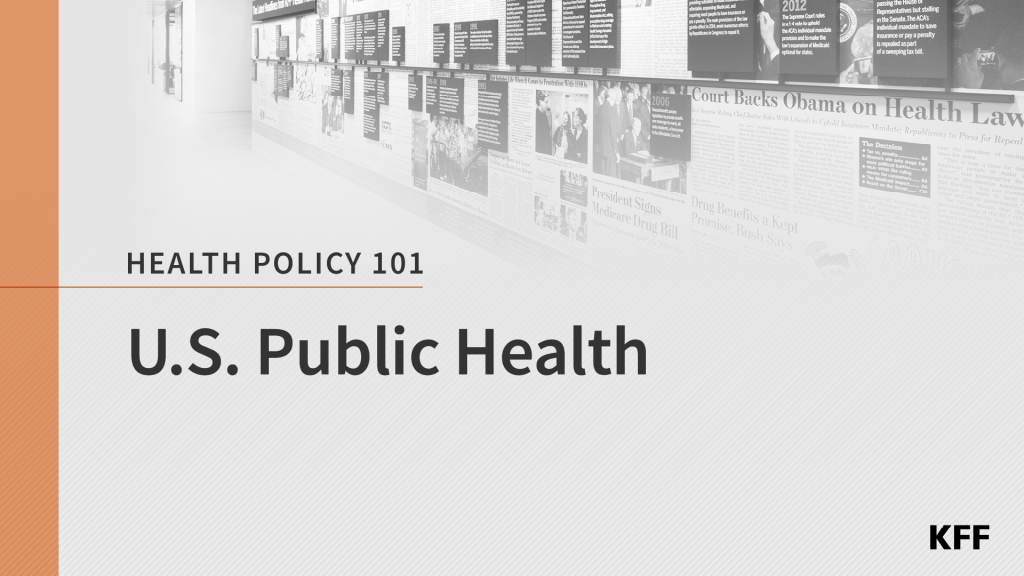Poll: 8 in 10 Americans Favor Strict Shelter-in-Place Orders To Limit Coronavirus’ Spread, and Most Say They Could Continue to Obey Such Orders for Another Month or Longer
With President Trump and some Republican governors pushing to restart the nation’s economy, most of the public (80%) supports strict shelter-in-place policies to limit the coronavirus’ spread compared to just one in five (19%) who say these measures pose unnecessary burdens and cause more harm than good, the latest KFF Health Tracking Poll finds.
